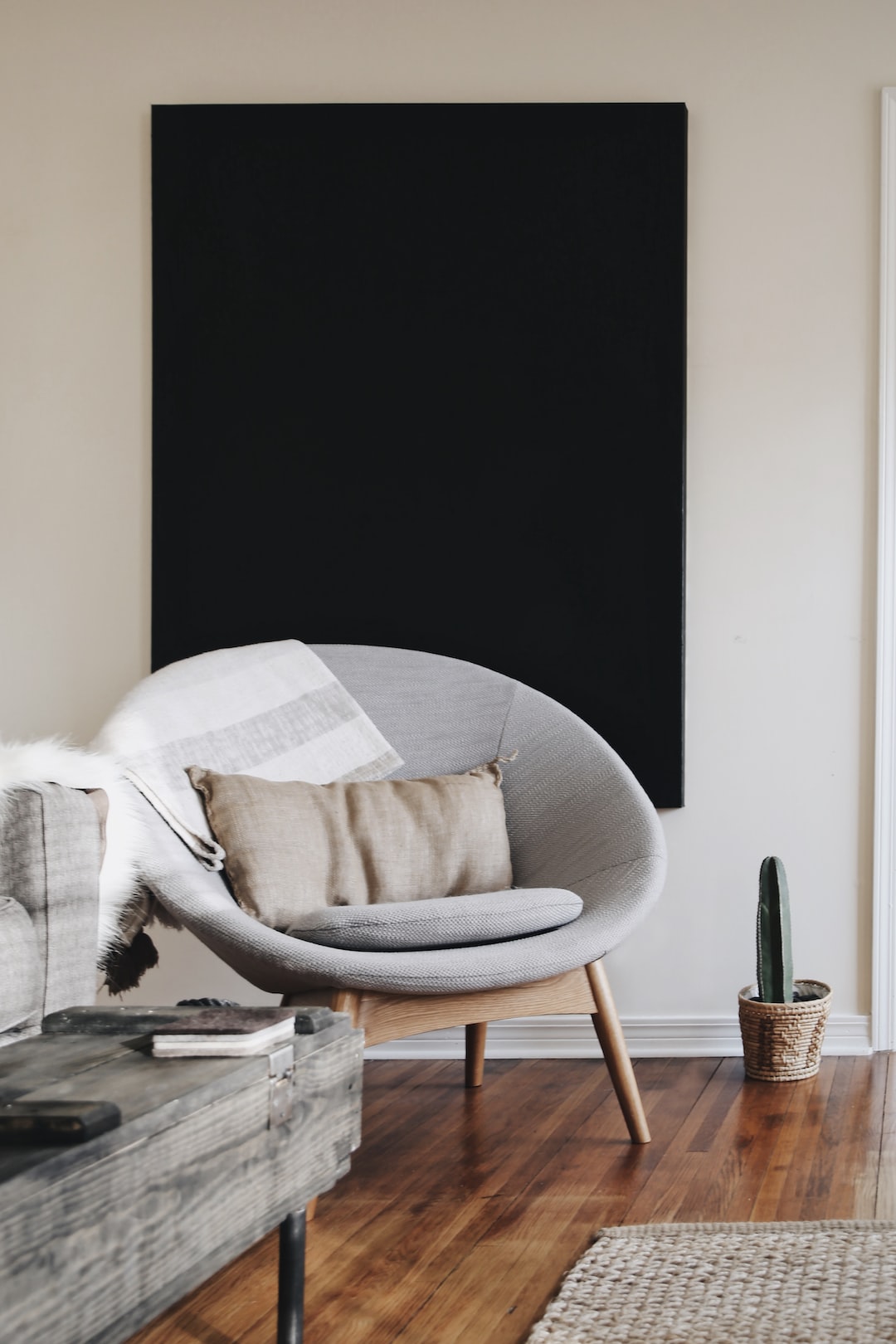The Art of Furniture Arrangement: Maximize Space and Style
When it comes to designing a space that is both functional and aesthetically pleasing, furniture arrangement plays a crucial role. A well-planned layout can maximize space utilization, improve flow, and enhance the overall style of any room. In this blog post, we will explore the art of furniture arrangement and discover tips and tricks to help you create a harmonious and inviting space.
1. Understand the purpose of each room:
Before diving into furniture arrangement, it is essential to understand the purpose of each room. For instance, a living room is usually designed for entertainment and relaxation, while a dining room serves the purpose of gathering and sharing meals. Understanding the primary function of a room will guide your furniture arrangement decisions.
2. Measure the space:
Measurements are crucial when it comes to furniture arrangement. Before purchasing any furniture pieces, measure the dimensions of your room. This will help you choose furniture that suits the space without overwhelming or crowding it. Additionally, you should take note of windows, doors, and other architectural features that might affect your furniture placement.
3. Create a focal point:
A well-designed room usually has a focal point that draws attention and anchors the space. It could be anything from a fireplace, a stunning piece of artwork, or a beautiful window view. Once you have identified the focal point, arrange your furniture around it. This will create a sense of balance and harmony in the room.
4. Consider traffic flow:
Another critical factor to consider when arranging furniture is traffic flow. Ensure that there is enough space for people to move around freely without bumping into obstacles. Avoid blocking doorways or creating narrow pathways that can make a room feel cramped. Keeping traffic flow in mind will make your space more functional and user-friendly.
5. Create conversation areas:
In rooms like the living room, it is important to create conversation areas. Group furniture pieces together in a way that encourages interaction and easy communication. Placing a sofa and a couple of armchairs facing each other with a coffee table in between is a simple yet effective way to create a conversation area. This arrangement allows people to sit comfortably and engage in conversation without strain.
6. Balance furniture size and scale:
When choosing furniture, it is vital to consider the size and scale of each piece. Mixing furniture of different sizes can create visual interest and prevent the room from feeling monotonous. However, it is important to maintain a sense of balance. Avoid pairing excessively large furniture with tiny pieces as it can create an awkward and unbalanced look.
7. Use rugs strategically:
Rugs not only add texture and warmth to a space but can also help define different areas within a room. Use rugs to anchor furniture groupings and create visual boundaries. For instance, a rug under a dining table sets it apart from the rest of the room, while a larger area rug can define a seating area in the living room. Be mindful of proportions and choose rugs that fit the scale of your furniture.
8. Experiment with different layouts:
Don’t be afraid to experiment with different furniture arrangements. Sometimes, shifting a few pieces around can completely transform a space. If a certain arrangement doesn’t work, don’t get discouraged; keep trying until you find the perfect layout that maximizes both space and style.
In conclusion, furniture arrangement is an art that can significantly impact the functionality and aesthetic appeal of a room. By understanding the purpose of each space, measuring the dimensions, creating focal points, considering traffic flow, and balanced furniture size, you can create an inviting and visually pleasing environment. Remember to experiment and keep exploring different layouts until you find the perfect arrangement that suits your style and needs.
